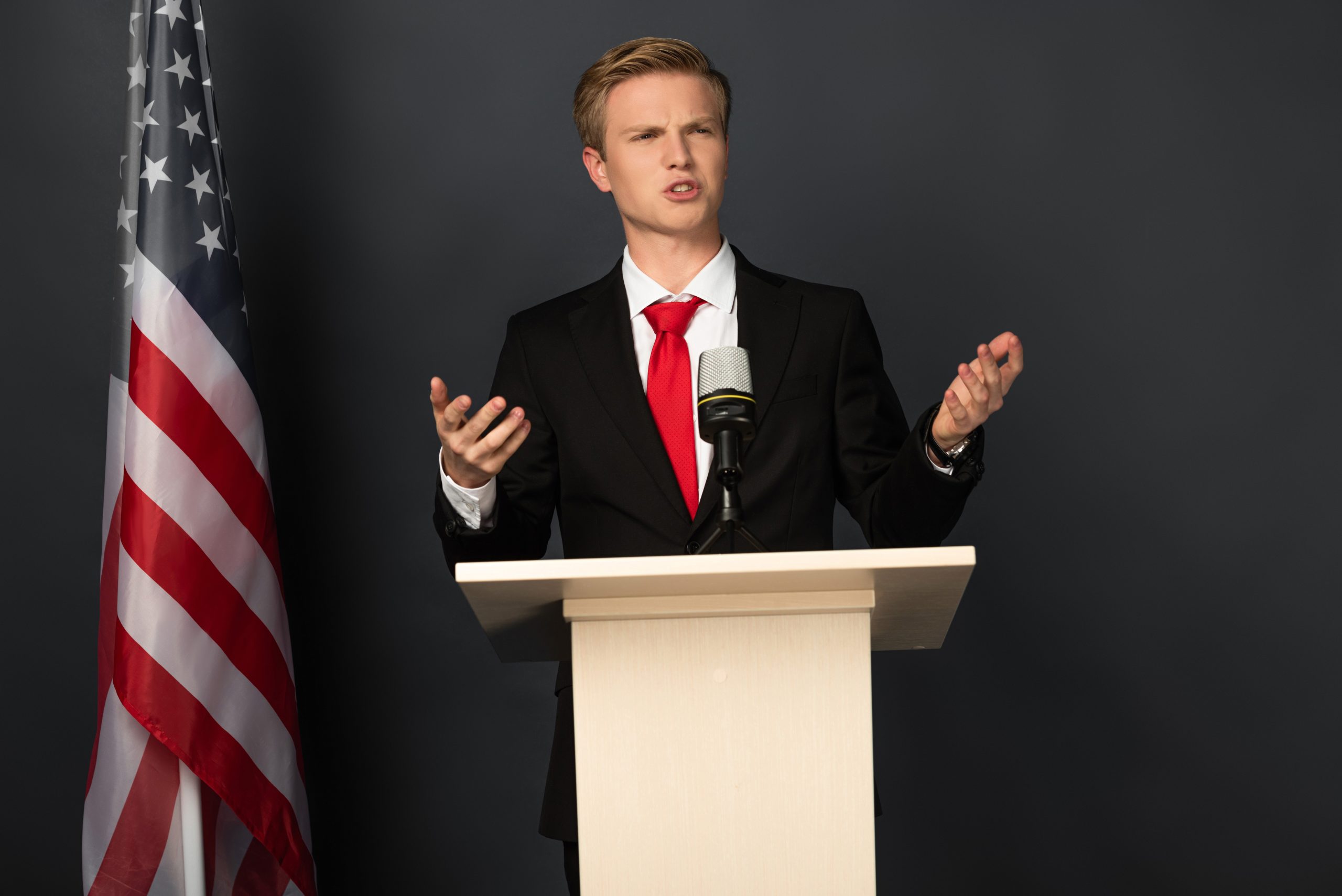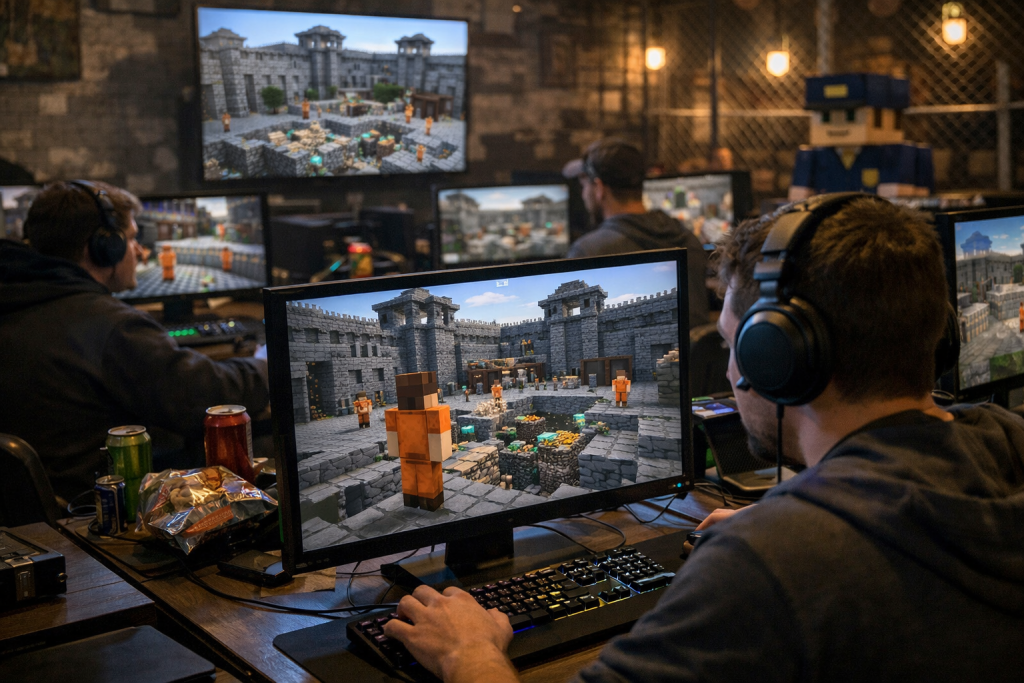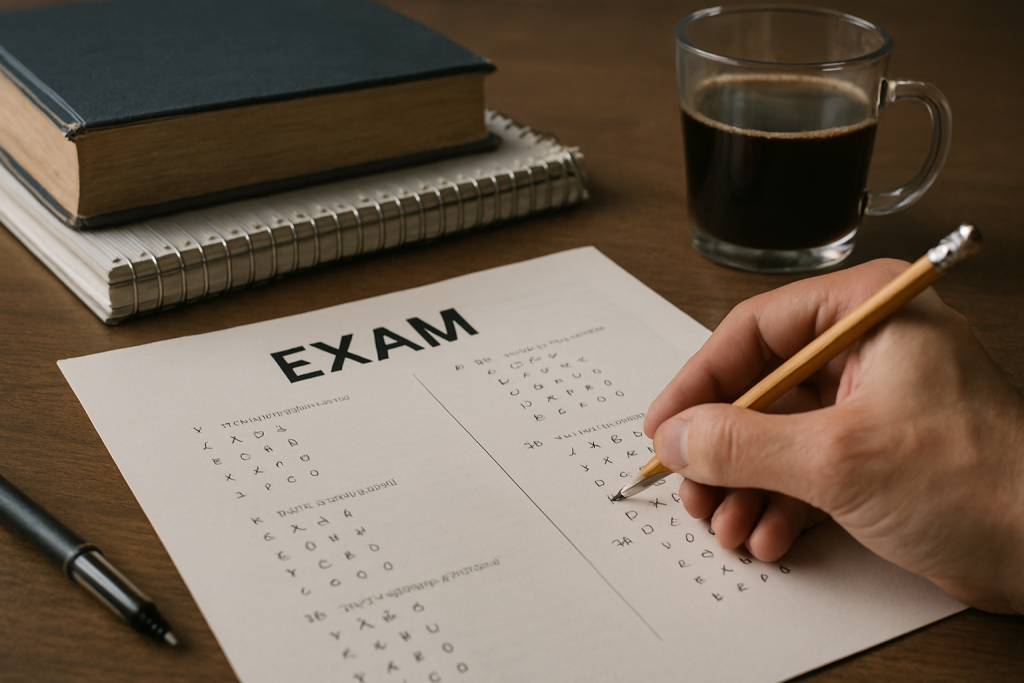Curious about the length of US presidential debates? They say, “Time is of the essence,” and in this article, we’ll explore just how long these highly anticipated events typically last. Presidential debates usually span 90 minutes, giving candidates the chance to showcase their policies and engage in critical discussions. However, there have been exceptions in history. Take the 1980 debate between Reagan and Carter, which lasted only an hour, or the legendary Lincoln-Douglas debates in 1858, lasting around three hours each. In the upcoming debate, moderated by Kristen Welker from NBC, candidates will have two minutes to respond to questions on American families, national security, and leadership. If you’re interested in the historical significance, details, and impact of presidential debates, keep reading.
Length of Presidential Debates
The length of presidential debates is typically 90 minutes, and they hold great importance in the political landscape. These debates have a significant impact on the candidates’ standing in the eyes of the public and can shape voters’ opinions. Expectations run high as people eagerly anticipate these debates, and social media buzzes with anticipation and trending hashtags. Political analysts offer predictions and expectations, adding to the excitement surrounding these events.
Public reaction to presidential debates is intense, with post-debate analysis and commentary dominating media coverage. The primary debates, leading up to the general election, serve as a platform for candidates to showcase their political background and performance. These debates provide a unique opportunity for candidates to articulate their positions on key issues and topics, which are expected to be discussed extensively.
The public’s reaction to these debates plays a crucial role in shaping the candidates’ strategies and messaging. Candidates carefully consider public opinion and adjust their campaign approaches accordingly. The primary debates, in particular, allow the public to assess the candidates’ strengths and weaknesses, influencing their decisions during the nomination process.
Moderator of Next Presidential Debate
You can expect Kristen Welker, a White House correspondent for NBC, to serve as the moderator for the next presidential debate. Here are some key details about her role and how she will conduct the debate:
- Welker’s background: As a seasoned journalist, Welker has extensive experience covering the White House and has earned a reputation for asking tough and insightful questions. Her background in political reporting makes her well-suited for moderating such an important event.
- Welker’s question topics: Welker will focus on three main topics during the debate: American families, national security, and leadership. These topics are crucial in understanding the candidates’ policies and their ability to address the pressing issues facing the country.
- Welker’s time allocation and question order: Each candidate will have two minutes to answer Welker’s questions. The order of the questions and concluding remarks will be determined by a coin toss. This ensures fairness and equal opportunity for both candidates to present their views.
With Welker at the helm, the next presidential debate promises to be a thought-provoking and informative event. Her expertise and professionalism will contribute to a fair and balanced discussion on the most critical issues facing the nation.
Historical Context of Presidential Debates
Explore the historical context of presidential debates. Presidential debates have a significant impact on voters, as they provide an opportunity for candidates to address key issues and showcase their leadership skills. The public anticipation leading up to these debates is often high, with media coverage and social media engagement amplifying the excitement. To provide a clearer picture, let’s take a look at some historical data:
| Year | Candidates | Viewership (in millions) |
|---|---|---|
| 1960 | Kennedy vs. Nixon | 66.4 |
| 1980 | Reagan vs. Carter | 80.2 |
| 2016 | Trump vs. Clinton | 84 |
The first televised presidential debate in 1960 between John F. Kennedy and Richard Nixon set the stage for future debates. Since then, debates have become an integral part of the electoral process, influencing public opinion and shaping the candidates’ strategies and messaging. The key issues addressed in these debates vary from election to election, but they often revolve around topics of national importance, such as the economy, foreign policy, healthcare, and social issues. The media plays a crucial role in covering these debates, providing analysis and commentary to help voters make informed decisions. Additionally, social media platforms have become a vital tool for engaging with the public and generating discussions around the debates. Overall, presidential debates have a profound impact on the democratic process, fostering public engagement and shaping the course of the election.
Details About the Debate
Joe Biden and Donald Trump will face off in the third and final presidential debate of the 2020 race for the White House, which will take place at Belmont University in Tennessee. Here are some key details about the upcoming debate:
- Importance of the debate:
- The debate holds significant importance in the presidential campaign as it provides a platform for the candidates to address crucial issues and present their policies to the American public.
- Previous debates have had a notable impact on candidates’ standings in the polls, making this final debate a crucial opportunity for both Biden and Trump to sway undecided voters.
- Key issues discussed:
- The debate will focus on important topics such as the coronavirus pandemic, national security, and leadership.
- These issues are of great concern to the American public and will play a significant role in shaping voters’ opinions.
- Media coverage and public reaction:
- The debate, airing for 90 minutes without commercial interruption, will receive extensive media coverage across various news outlets.
- Public anticipation and excitement for the debate are high, with social media engagement and trending hashtags reflecting the public’s interest.
- Political analysts have made predictions and set expectations for the candidates’ performances, which will be analyzed and commented on after the debate.
The upcoming debate at Belmont University will provide a crucial moment for both candidates to make their final arguments before the election, addressing key issues and potentially impacting the voters’ opinions. The media coverage and public reaction surrounding the debate will further shape the narrative of the presidential campaign.
Commenting Forum
Join the thought-provoking conversations and engage with other Independent readers in the commenting forum. The importance of commenting cannot be understated, as it allows for public reaction and social media engagement surrounding the presidential debate. After the debate, the commenting forum becomes a hub for post-debate analysis and commentary. Readers can share their opinions, discuss key moments, and contribute to the ongoing conversation. The media coverage of the debate often includes public opinion on the candidates’ performances, and the commenting forum provides a platform for readers to join in and have their voices heard. Additionally, the forum offers an opportunity for readers to engage with each other, gain different perspectives, and deepen their understanding of the issues discussed during the debate. It is a space where diverse viewpoints can be shared and debated, fostering a sense of community and democratic engagement. So, don’t miss out on the chance to participate in the commenting forum and be part of the larger conversation surrounding the presidential debate.
Date, Time, and Format of the Debate
To delve into the details of the upcoming presidential debate, let’s now turn our attention to the date, time, and format of the highly anticipated event. Here are the key details:
- Debate Schedule: The third and final presidential debate between Joe Biden and Donald Trump is scheduled to take place on [DATE] at [TIME]. It will be a crucial moment in the 2020 race for the White House.
- Debate Structure: The debate will last for 90 minutes without any commercial interruption. It will be held at Belmont University in Tennessee and will focus on important issues such as the coronavirus pandemic. Each candidate will have two minutes to answer questions posed by moderator Kristen Welker, a White House correspondent for NBC.
- Debate Topics: The debate will address topics such as American families, national security, and leadership. These issues are of great importance to voters and will provide insight into the candidates’ positions and policies.
The debate’s impact cannot be understated. It will provide an opportunity for the candidates to present their visions for the future of the country and engage in a direct conversation with each other. The analysis of this debate will shape public opinion, potentially influence voters’ opinions, and impact the candidates’ strategies and messaging moving forward. It is a crucial moment in the presidential campaign that will be closely watched and analyzed by political analysts, media outlets, and the public alike.
Candidates
There are a total of two candidates participating in the upcoming presidential debate. Joe Biden and Donald Trump will face off in the final debate of the 2020 race for the White House. Let’s take a closer look at the qualifications of these candidates, their campaign strategies, voter appeal, policy positions, and debate performance analysis.
| Candidate | Qualifications | Campaign Strategies | Voter Appeal | Policy Positions |
|---|---|---|---|---|
| Joe Biden | Former Vice President, Senator | Emphasizes experience and unity | Appeals to moderate and progressive voters | Supports healthcare reform, climate action, and racial justice |
| Donald Trump | Incumbent President, Businessman | Emphasizes strong economy and law and order | Appeals to conservative and populist voters | Supports tax cuts, immigration restrictions, and deregulation |
Joe Biden brings decades of political experience as a former Vice President and Senator, while Donald Trump touts his business background as a businessman. In terms of campaign strategies, Biden focuses on unity and experience, while Trump emphasizes a strong economy and law and order.
Both candidates aim to appeal to different voter demographics. Biden attracts moderate and progressive voters with his policy positions on healthcare reform, climate action, and racial justice. Trump appeals to conservative and populist voters with his support for tax cuts, immigration restrictions, and deregulation.
When it comes to debate performance analysis, both candidates have had their strengths and weaknesses. Biden is known for his calm demeanor and ability to connect with voters, while Trump is known for his assertiveness and ability to dominate the stage. The final debate will provide an opportunity for voters to evaluate the candidates’ policies, leadership qualities, and ability to articulate their positions effectively.
How to Watch
You can catch the upcoming presidential debate by tuning in to NBC. Here are three ways to watch the debate:
- Live broadcast on NBC: The debate will be aired on NBC, allowing you to watch it on your television. Simply tune in to the channel at the scheduled time to catch all the action.
- Streaming platforms: In addition to NBC, there are other networks and platforms that will be streaming the debate. Check if your favorite streaming service, such as Hulu or YouTube TV, offers NBC in their channel lineup to watch the debate online.
- On-demand availability: If you miss the live broadcast, don’t worry. The debate will likely be available on-demand on the NBC website or app, allowing you to watch it at your convenience. This is especially helpful if you have a busy schedule or want to rewatch specific moments.
During the debate, you can expect additional coverage and analysis from political commentators and experts. This will provide deeper insights and different perspectives on the candidates’ performance and the issues discussed. Public anticipation and excitement for the debate are high, with people eagerly waiting to see how the candidates will engage with each other. Social media engagement will also be significant, with viewers sharing their thoughts, reactions, and favorite moments using trending hashtags. So, get ready to join the conversation and stay informed about the latest developments in the presidential race.




